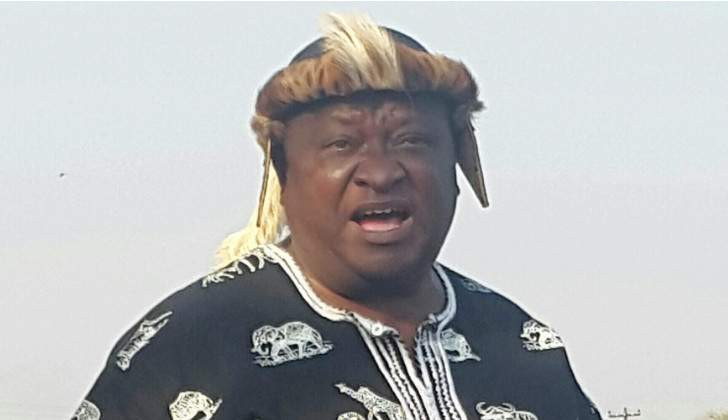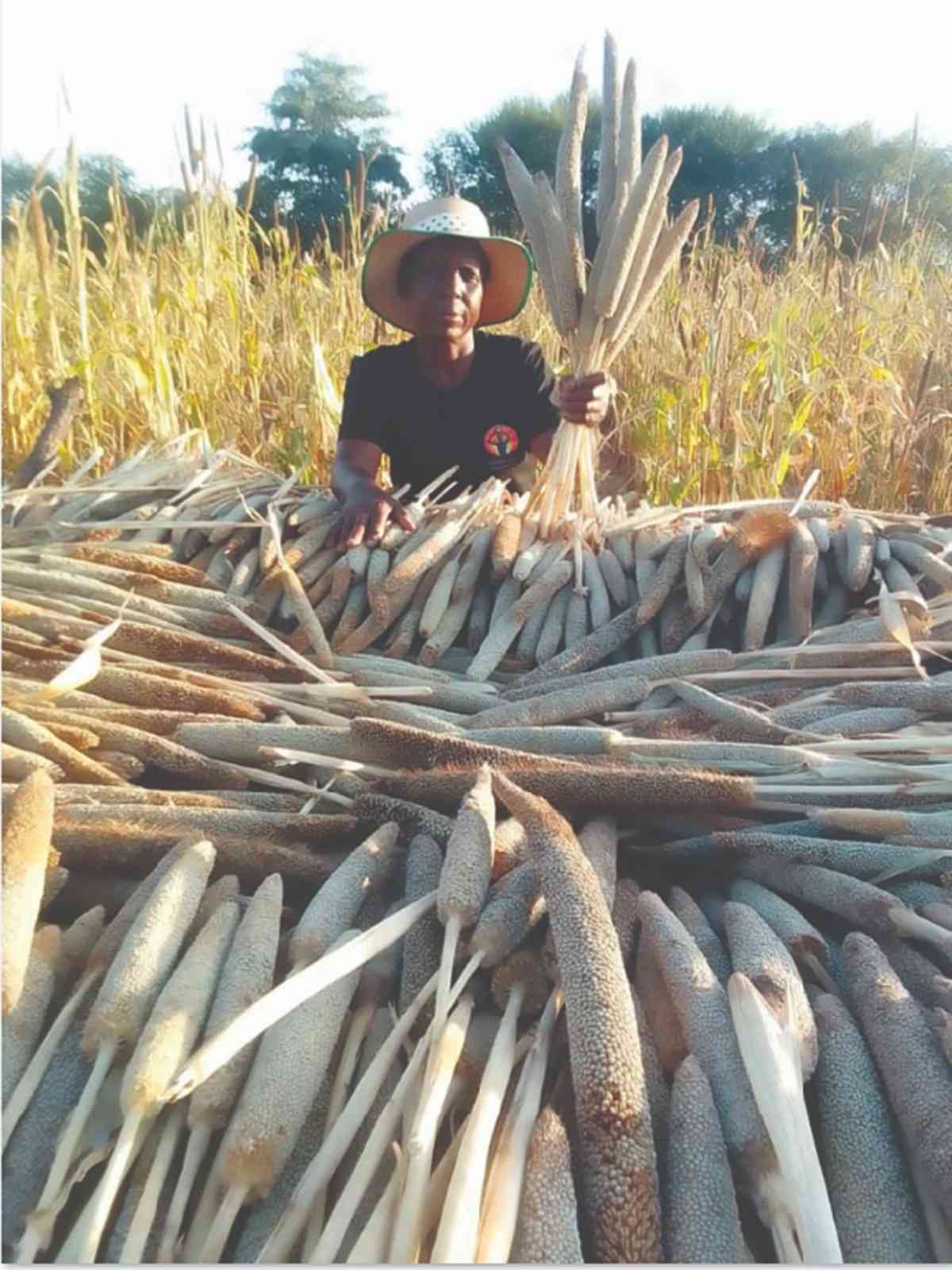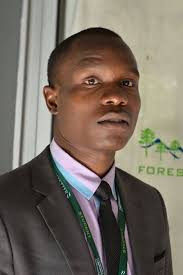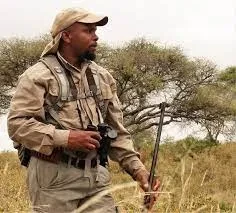
The life and legacy of the founder of the Ndebele nation will take centre stage this Friday when academics, cultural leaders, policymakers and the public converge at Bulawayo’s Large City Hall for the King Mzilikazi Indaba.
Running under the theme Reclaiming African Heritage Through the Life and Legacy of King Mzilikazi, the gathering seeks to unpack the enduring relevance of the 19th century monarch’s leadership in today’s political, social and cultural landscape.
Organised by the King Mzilikazi Memorial and Resource Mobilisation Initiative (KIMMRI), the indaba is billed as a platform to explore lessons of inclusive leadership, nation building, and cultural revival that Mzilikazi embodied.
Prince Peter Zwide Khumalo, a direct descendant of the monarch, told Southern Eye that the commemoration comes at a crucial time for Ndebele history.
“Of all historical and pre-colonial figures that left a legacy of inclusivity and nation building, none stands out conspicuously tall like King Mzilikazi,” he said.
“He created a nation from many different ethnic groups without discrimination.
“The meeting is founded on his African leadership lessons and pillars that demand accountability, consultation, collectiveness and inspiration.”
The prince emphasised that the indaba signals a shift towards more inclusive and representative commemorations, following years in which planning around King Mzilikazi Day had been fragmented.
- Revisiting Majaivana’s last show… ‘We made huge losses’
- Edutainment mix: The nexus of music and cultural identity
- ChiTown acting mayor blocks election
- Promoter Mdu 3D defends foreigners 30 minute set
Keep Reading
“This has been missing for over 25 years since its inauguration in 2000," he said.
"It is necessary to tap into the available intellect within the nation, because his achievements in dealing with security and social challenges remain a legacy we need to reflect when organising events of spiritual importance."
According to the programme, participants will discuss how Mzilikazi’s vision can inspire contemporary leadership, highlight his role in southern African history, and explore ways to preserve African oral traditions.
The meeting is also expected to ignite fresh conversations on youth engagement, cultural identity and decolonised heritage preservation.
The Indaba is set to run from 9:30am to 1pm, with delegates drawn from academia, cultural institutions, civil society, government ministries, traditional leaders and the broader public.









